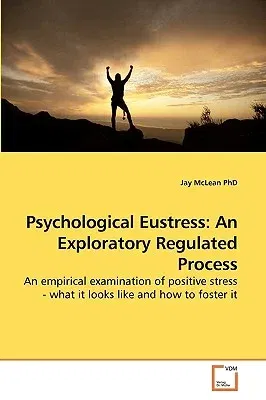Jay McLean
(Author)Psychological Eustress: An Exploratory Regulated ProcessPaperback, 28 March 2010

Qty
1
Turbo
Ships in 2 - 3 days
In Stock
Free Delivery
Cash on Delivery
15 Days
Free Returns
Secure Checkout
Print Length
148 pages
Language
English
Publisher
VDM Verlag
Date Published
28 Mar 2010
ISBN-10
3639234995
ISBN-13
9783639234992
Description
Product Details
Author:
Book Format:
Paperback
Country of Origin:
US
Date Published:
28 March 2010
Dimensions:
22.86 x
15.24 x
0.86 cm
ISBN-10:
3639234995
ISBN-13:
9783639234992
Language:
English
Location:
Saarbrucken
Pages:
148
Publisher:
Weight:
226.8 gm

